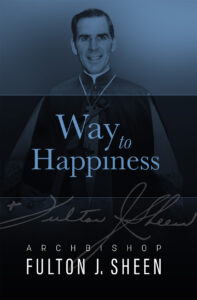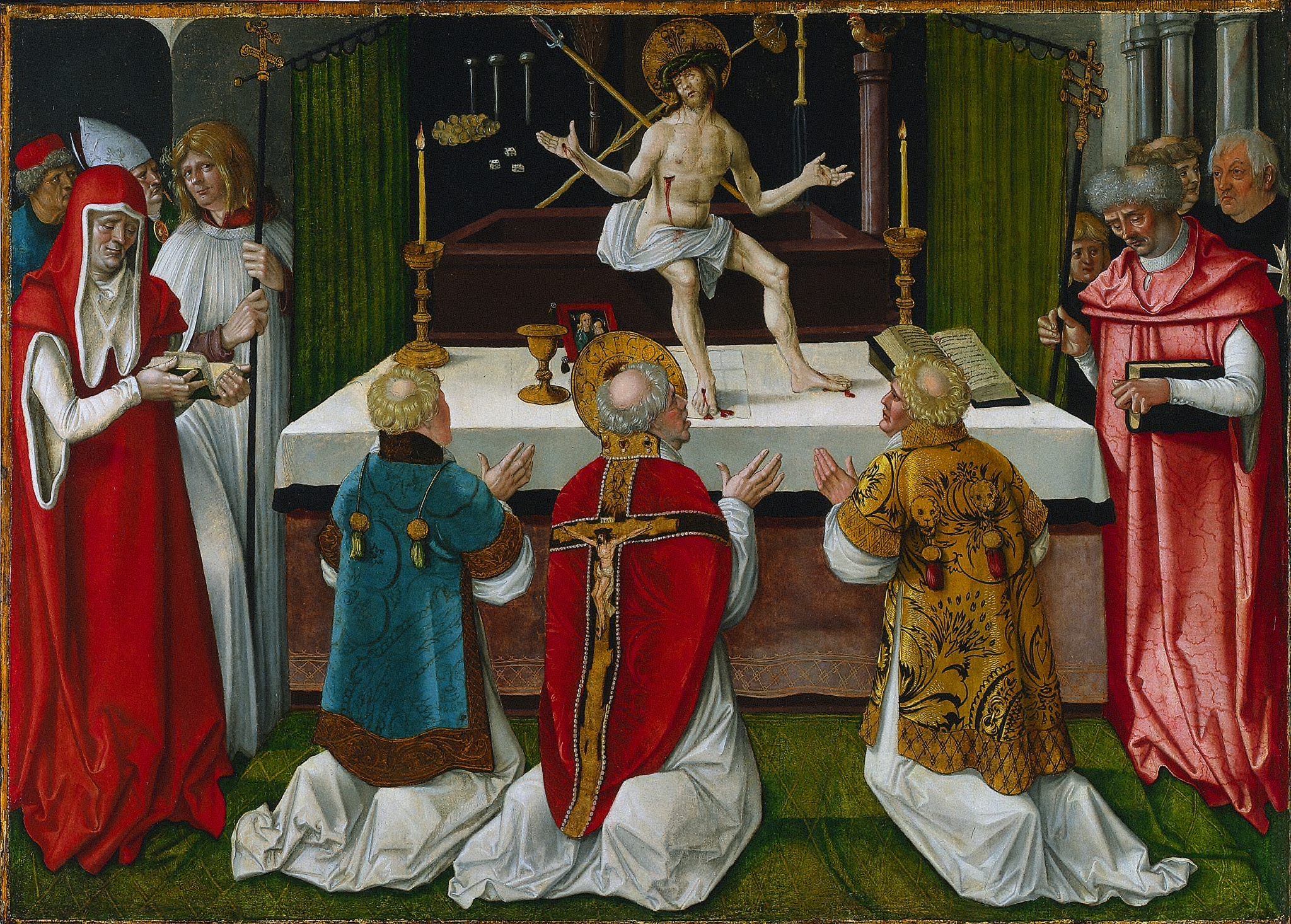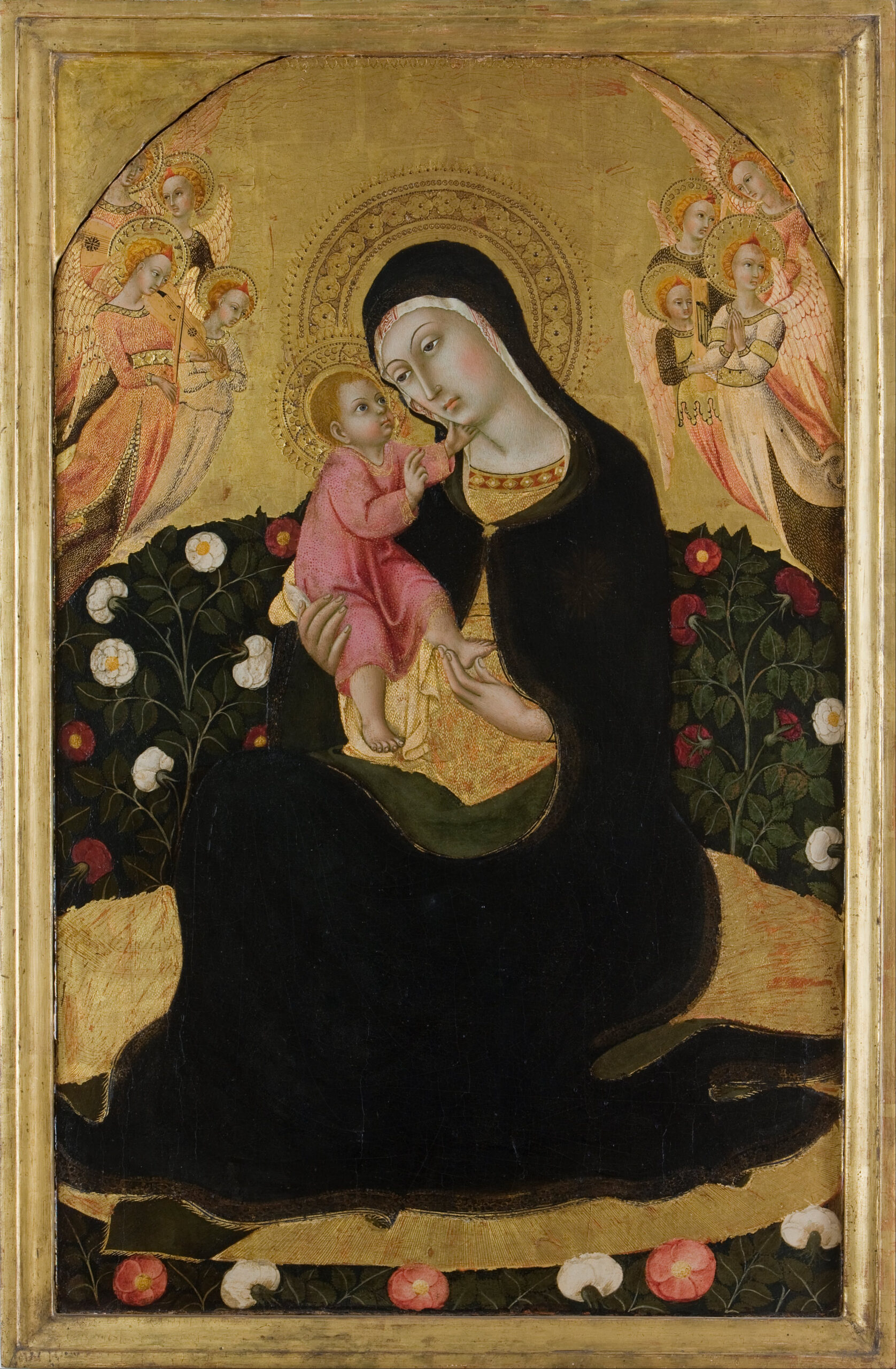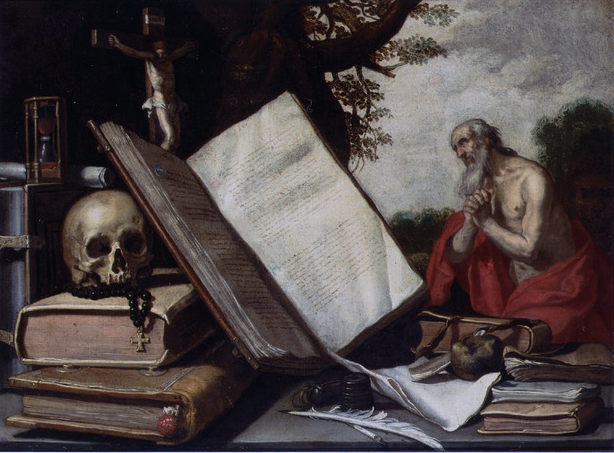The chief cause of inner unhappiness is egotism or selfishness. He who gives himself importance by boasting is actually showing the credentials of his own worthlessness. Pride is an attempt to create an impression that we are what we actually are not.
How much happier people would be if instead of exalting their ego to infinity, they reduced it to zero. They would then find the true infinite through the rarest of modern virtues: humility. Humility is truth about yourselves. A man who is six feet tall, but who says: “I am only five feet tall,” is not humble. He who is a good writer is not humble if he says: “I am a scribbler.” Such statements are made in order that there might be a denial and thus win praise. Rather he would be humbler who says: “Well, whatever talent I have is a gift of God and I thank Him for it.” The higher the building the deeper the foundation; the greater the moral heights to which we aspire the greater the humility. As John the Baptist said when he saw Our Lord: “I must decrease; He must increase.” Flowers humbly depart in the winter to see their mother roots. Dead to the world, they keep house under the earth in humble humility, unseen by the eyes of men. But because they humbled themselves, they are exalted and glorified in the new springtime.
Only when a box is empty can it be filled; only when the ego is deflated can God pour in His blessings. Some are already so stuffed with their own ego that it is impossible for love of neighbor or love of God to enter. By seeking their own constantly, everyone disowns them. But humility makes us receptive to the giving of others. You could not give unless I took. It is the taker that makes the giver. So God, before He can be Giver, must find a taker. But if one is not humble enough to receive from God, then he receives nothing.
A man possessed by the devil was brought to a Father of the Desert. When the saint commanded the devil to leave, the devil asked: “What is the difference between the sheep and the goats whom the Lord will put at His right and His left Hand the day of Judgment?” The saint answered: “I am one of the goats.” The devil said: “I leave because of your humility.”
Many say: “I have labored for years for others and even for God, and what did I get out of it? I am still nothing.” The answer is, they have gained something; they have gained the truth of their own littleness—and of course, great merit in the next life. One day two men were in a carriage. One said: “There is not enough room for you here in this seat.” The other said: “We will love each other a little more, and then there will be room enough.” Ask a man: “Are you a saint?” If he answers in the affirmative, you can be very sure that he is not.
The humble man concentrates on his own errors, and not upon those of others; he sees nothing in his neighbor but what is good and virtuous. He does not carry his own faults on his back, but in front of him. The neighbor’s defects he carries in a sack on his back, so he will not see them. The proud man, on the contrary, complains against everybody and believes that he has been wronged or else not treated as he deserves. When the humble man is treated badly he does not complain for he knows that he is treated better than he deserves. From a spiritual point of view, he who is proud of his intelligence, talent or voice, and never thanks God for them is a robber; he has taken gifts from God and never recognized the Giver. The ears of barley which bear the richest grain always hang the lowest. The humble man is never discouraged, but the proud man falls into despair. The humble man still has God to call upon; the proud man has only his own ego that has collapsed.
One of the loveliest prayers for humility is that of Saint Francis:
“Lord, make me an instrument of Thy peace. Where there is hatred, let there be love; where there is injury, pardon; where there is doubt, faith; where there is despair, hope; where there is darkness, light; where there is sadness, joy. O Divine Master, grant that I may not seek so much to be consoled as to console; to be understood as to understand; to be loved as to love. For it is in giving that we receive, it is in pardon that we are pardoned, it is in dying that we are born to Eternal Life.”
This article is taken from a chapter in Way to Happiness for Archbishop Fulton Sheen, which is available from TAN Books.








